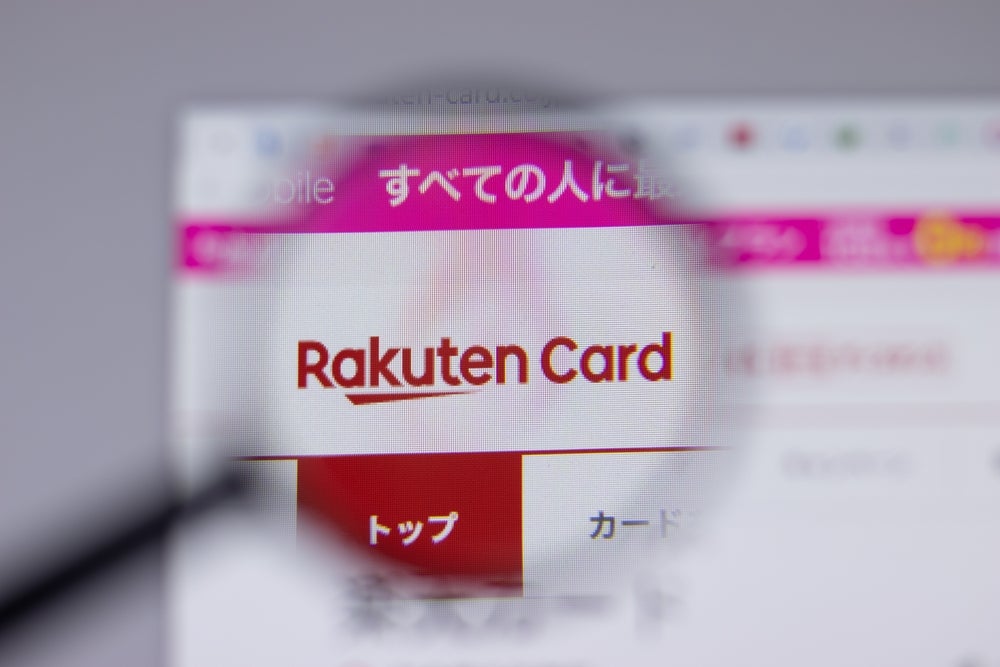on credit card pricing, some of the largest US issuers are easing
up a little on pricing and in some cases dropping the policies that
have been the cause of much of the ire from consumer groups.
Citi announced in late March that it would no longer maintain
its universal default policy, by which the issuer has raised
interest rates for customers who pay on time to Citi but late to
other creditors. It also pledged to eliminate the practice of ‘any
time for any reason’ increases to interest rates and fees. The bank
plans to immediately give new cardholders two-year contracts that
lock in interest rates that will rise only if customers pay their
credit card bills late, pay with cheques that bounce or exceed
their credit limits.
Citi implemented both changes immediately for new card accounts
and plans to implement them by April for existing customers.
A day or two later, JPMorgan Chase dropped its controversial
two-cycle billing policy, in which it looked at a customer’s
average daily balance over two months to calculate interest. Those
who didn’t pay off their balances at the end of a month paid more
interest than under traditional billing methods. Chase also said
that it would begin easing up on some over-the-limit fees and
working to simplify credit card disclosures to make them easier to
understand.
Bruce Hammonds, president of Bank of America Card Services, told
the Senate Banking Committee that Bank of America is exploring a
policy to reduce interest rates for risky customers who have not
had a late payment or over-the-limit charge for six months.
Responding to pressure
How well do you really know your competitors?
Access the most comprehensive Company Profiles on the market, powered by GlobalData. Save hours of research. Gain competitive edge.

Thank you!
Your download email will arrive shortly
Not ready to buy yet? Download a free sample
We are confident about the unique quality of our Company Profiles. However, we want you to make the most beneficial decision for your business, so we offer a free sample that you can download by submitting the below form
By GlobalDataThe policy changes are the latest response to pressure from
consumer groups and the US Congress over credit card fees, interest
rates and disclosure practices that long have divided issuers and
cardholders.
“This is certainly a step forward, but Congress still needs to
require that all credit card companies play by the same rules,”
said Travis Plunkett, legislative director of the non-profit
Consumer Federation of America. “These issuers are doing this
voluntarily, and I am happy they are, but let’s face it, they could
change their minds in an instant, because this doesn’t have the
force of law. And this is just three issuers acting voluntarily. So
until Congress legislates, there will always be players who will be
tempted to make more money by doing the same old things.”
While many US cardholder agreements allow for universal default,
few issuers have actually practised it, which placed Citi squarely
in the congressional cross hairs.
Just last month, Senate Banking Committee chairman Chris Dodd, a
Democrat from Connecticut, said that a bill would be necessary to
prohibit some credit card practices. Senator Carl Levin, a Democrat
from Michigan and chair of the Permanent Subcommittee on
Investigations, has prepared his own bill and is considering a
series of more stringent regulations long sought by consumer
activists.
“We have a long way to go before we get a truly fair credit card
industry,” said Tamara Draut, director of the economic opportunity
programme at Demos, a New York-based public policy group. “This is
a positive first step, but it’s just a first step.”
More legislation likely
The banking industry has argued for years that such voluntary
measures should be sufficient, but such arguments seem to lack the
strength they once had. Senior Democrats, from Dodd to Levin, have
made it clear that the moves by Citi, Chase and Bank of America
will likely not be enough to keep Congress from further legislating
reform. Frustrated by their inability to get consumer protections
inserted into the 2005 changes to the bankruptcy laws, Dodd and
other Democrats now sense an opportunity to reverse that
setback.
Levin said in late March that the historical arguments about
credit cards being an inherently risky business no longer wash with
his newly aggressive investigative committee. Citing statistics
showing that about 96 percent of US households pay their credit
card bills on time, Levin minced no words in lambasting the
industry for what he described as “abusive” practices. “They have
made it common for working families to be hit with interest rates
of 25 percent, 30 percent or more. They have brought families to
their knees with excessive late and over-limit fees, making it
harder for them to climb out of debt,” he said.
The words were not those of a lawmaker satisfied with the status
quo, and were surely the last thing US issuers want to hear as they
ponder the remaining legislative calendar. The concessions of a
trio of the largest issuers in the market may be the first step in
a long political dance.







